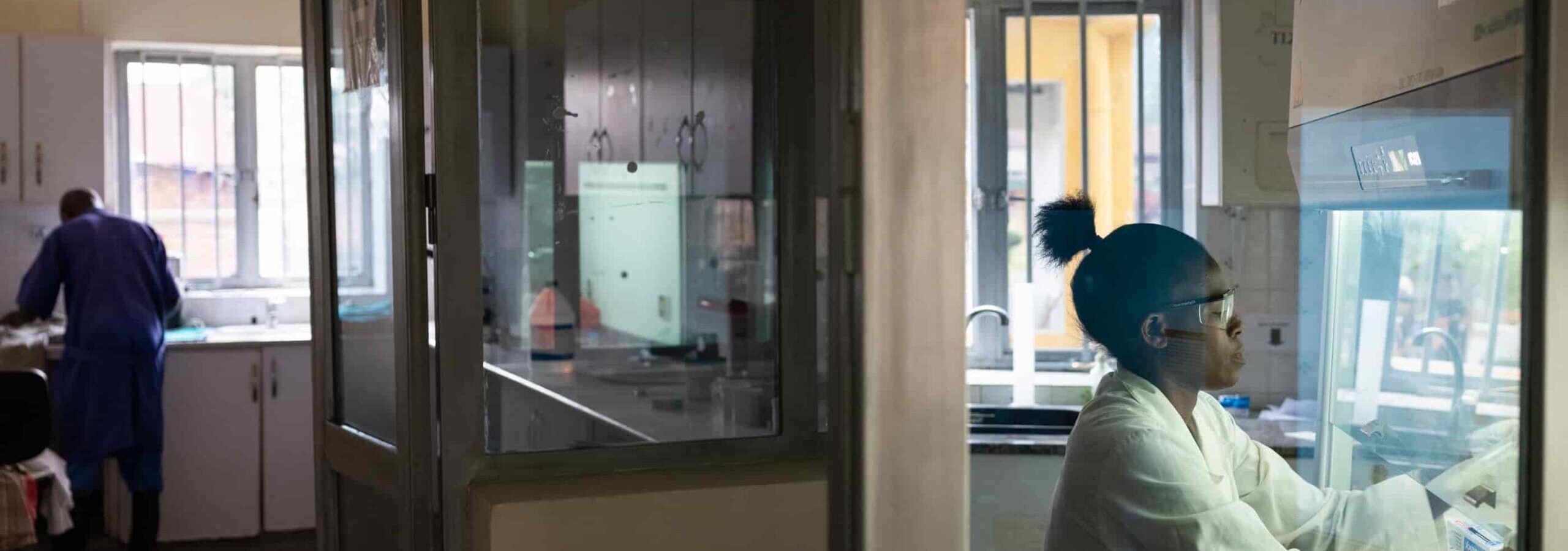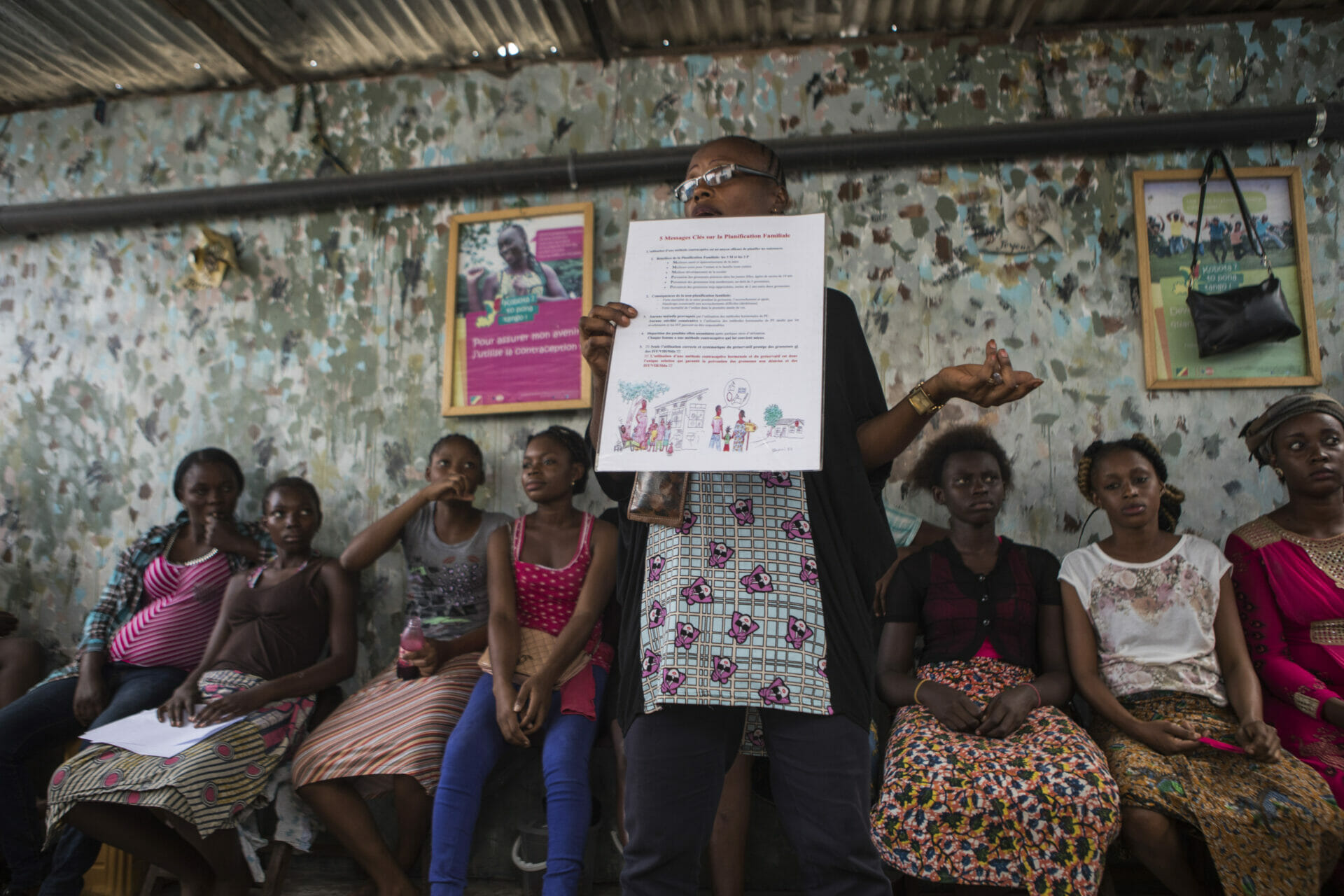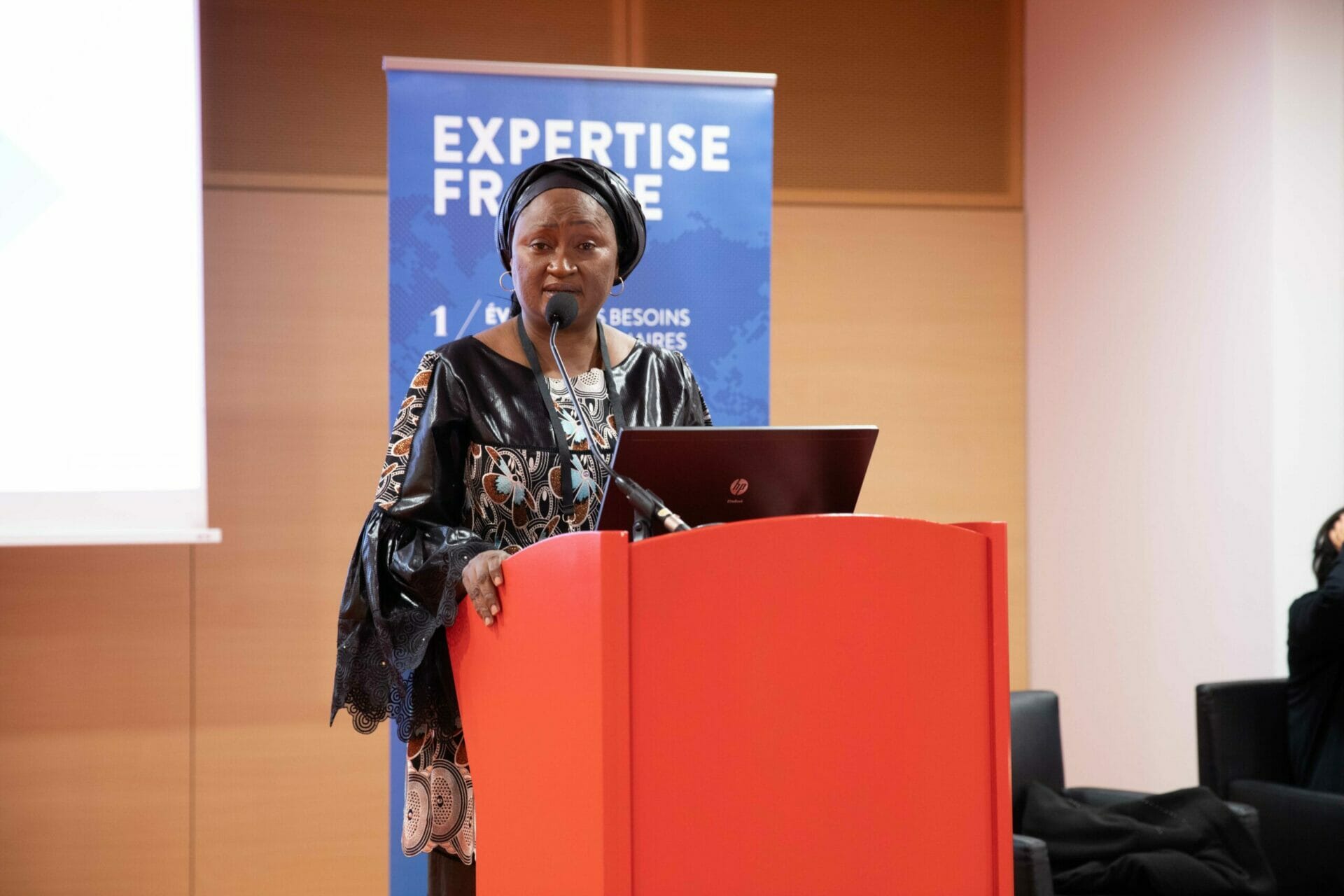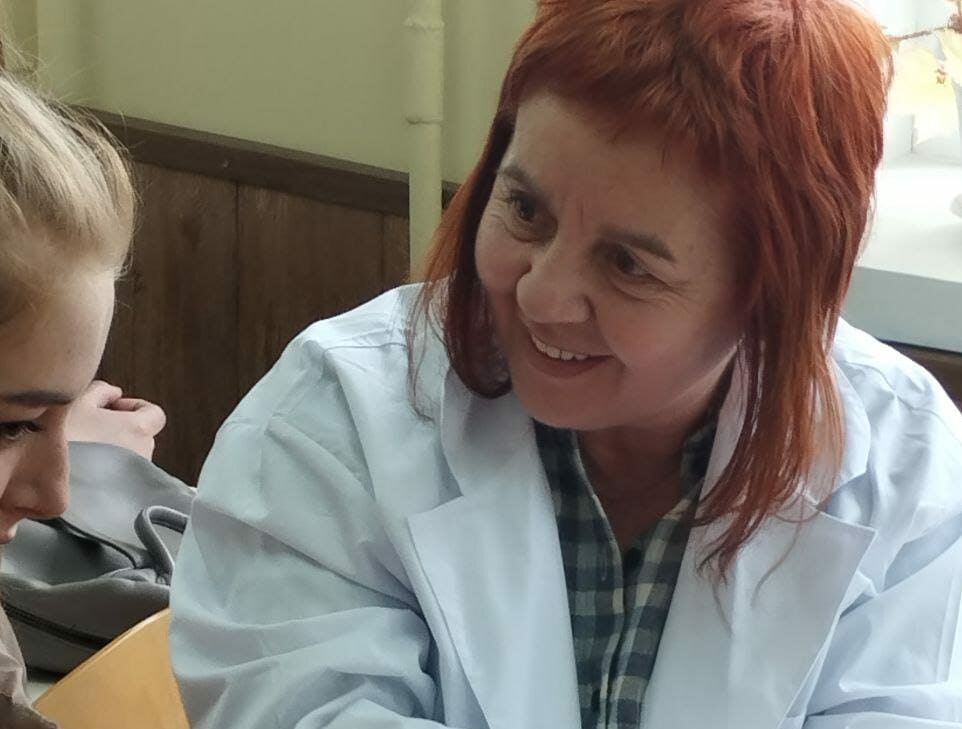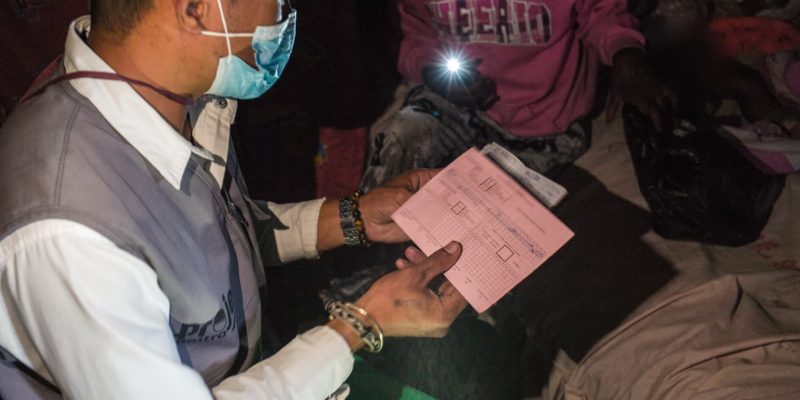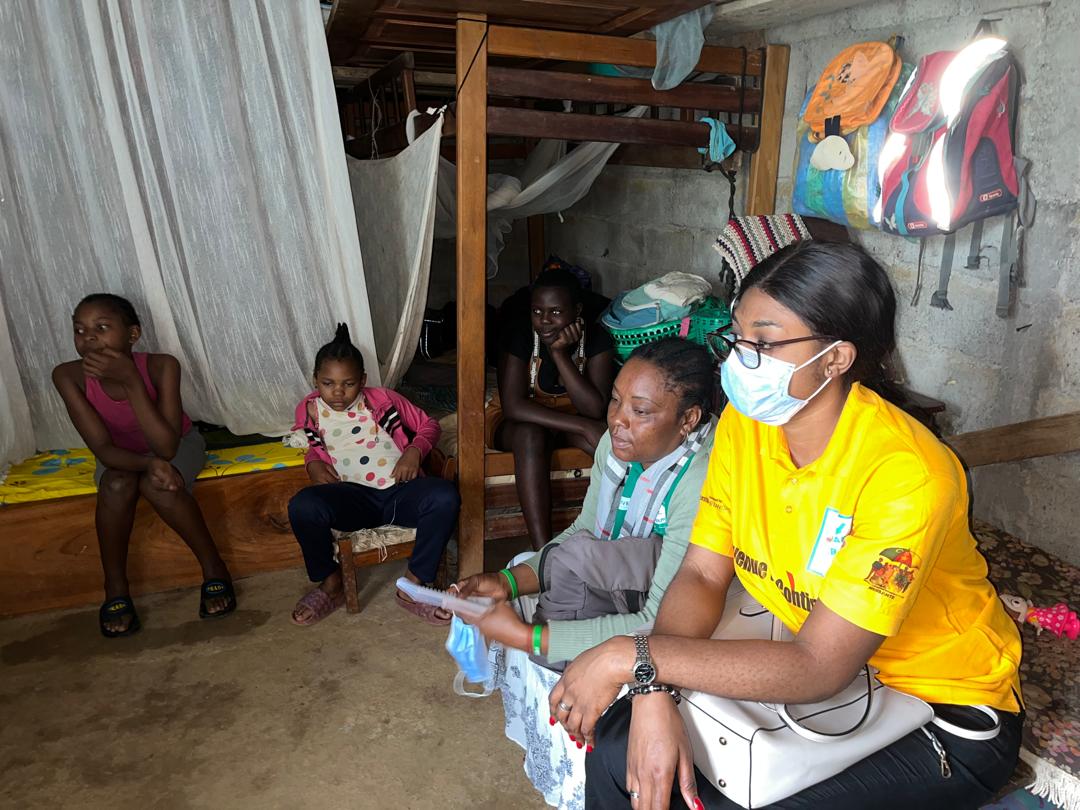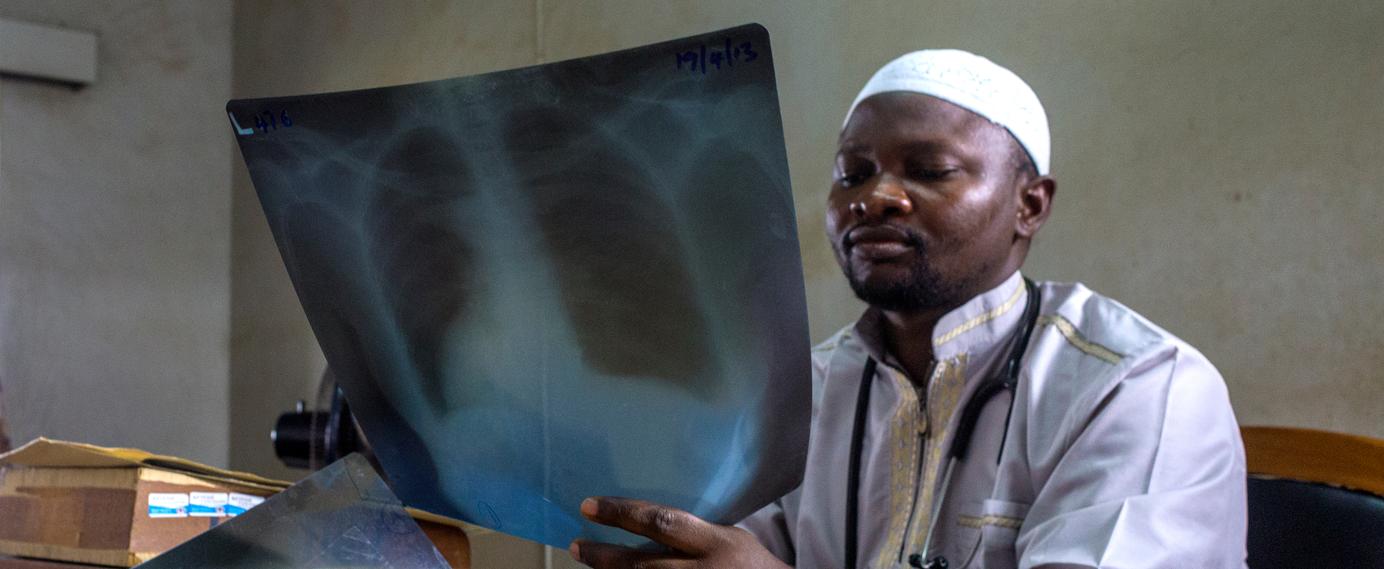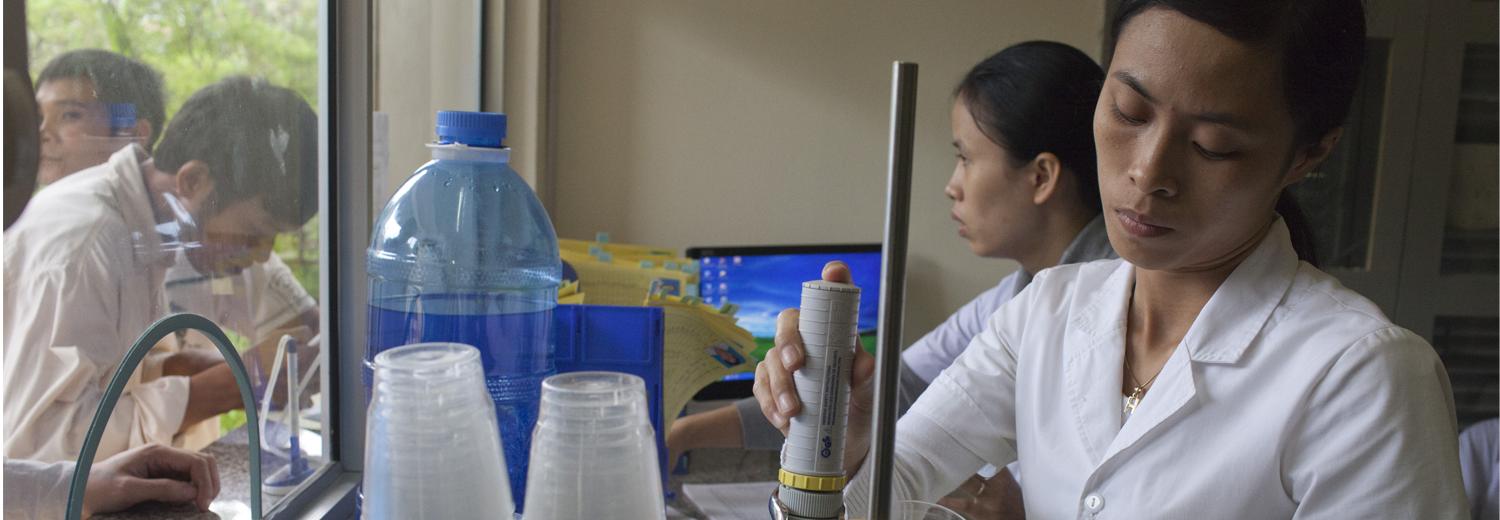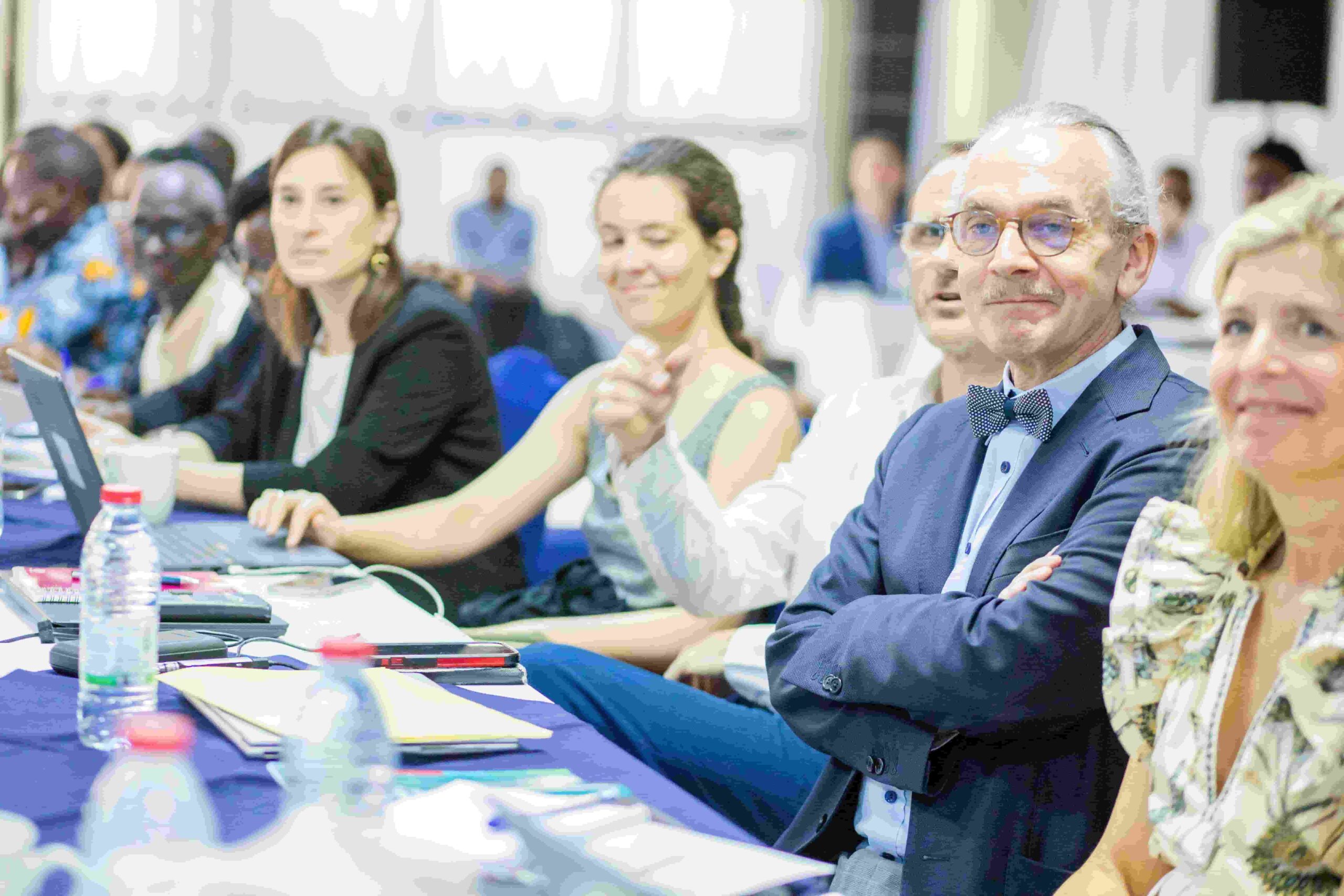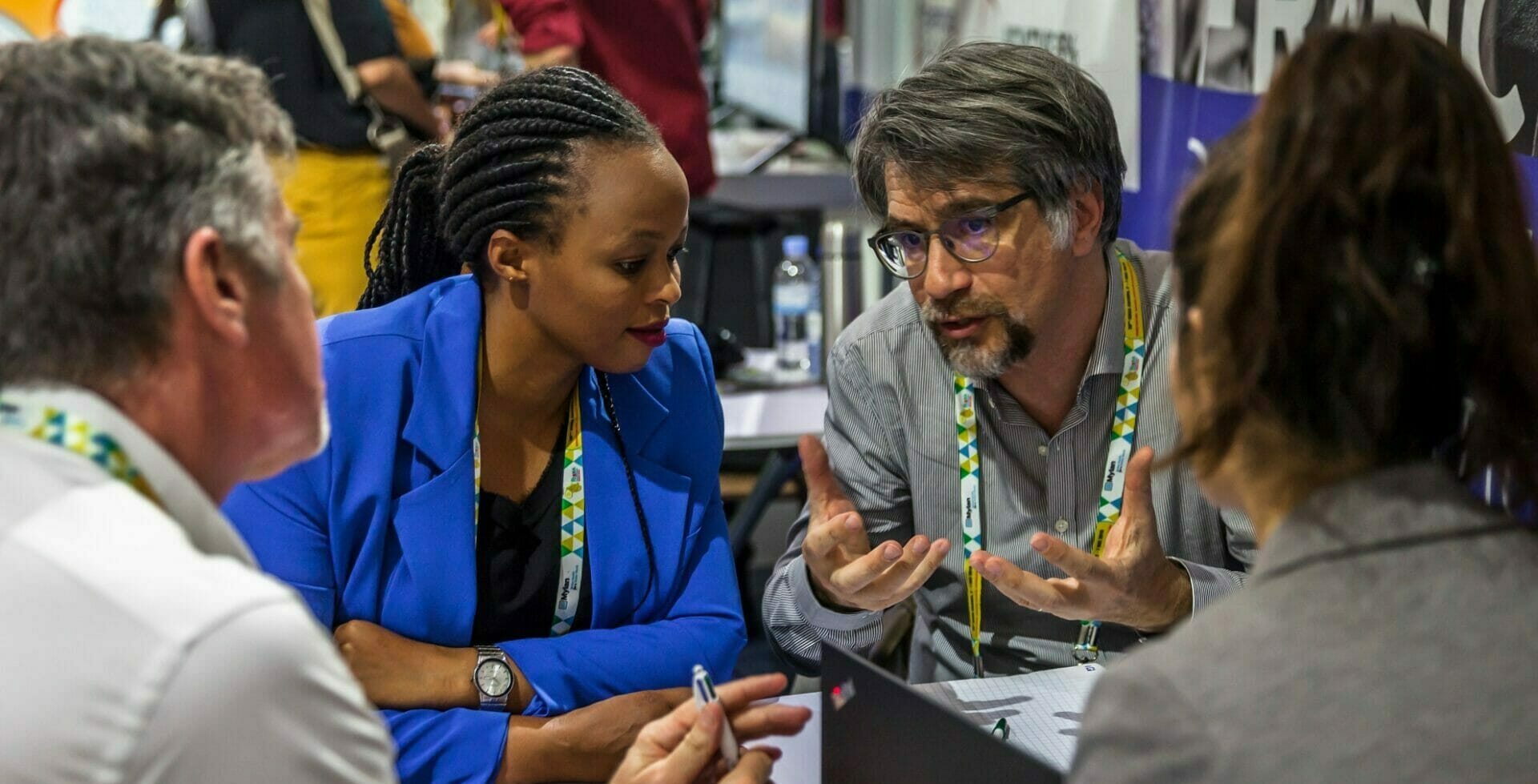Developing tuberculosis research in French-speaking Africa: a unique multidisciplinary masterclass
In terms of the fight against tuberculosis, the start of the 2023 school year opens the ball with the United Nations meeting and the Conference of the Union , two high-level meetings held with the aim of combining and strengthening the response of States to the pandemic. However, these pivotal events have led to conclusions tinged with disappointment. Among other things, the notable absence of intervention by heads of state, the failure to respect the funding promises made in 2018 and the disengagement of 11 Member States from the final declarations issued on the subjects of TB, universal health coverage and pandemic management.
Despite these setbacks, it should be noted that the TB response continues to be organized in a positive perspective, including a new objective of putting 90% of people affected by the disease under treatment and the adoption of measures to accelerate the availability of new vaccines. The fundamental issue of Research and Development will also have been addressed, reaffirming equitable access to innovation as a human right and the need to set precise and ambitious objectives in this area.
It is precisely on this last aspect, which is still too weakly addressed, that we are this time concentrating our efforts within L’Initiative. Driven by the desire to inject new energy into the field of tuberculosis research, we are organizing a multidisciplinary Masterclass for young researchers from French-speaking Africa.
Boosting TB research through networking
Convinced that the
feeling of community – the fruit of interdisciplinary exchanges – is a major asset for research, we have designed this Masterclass, also inspired by the model of
the Sidaction Young Researchers University .
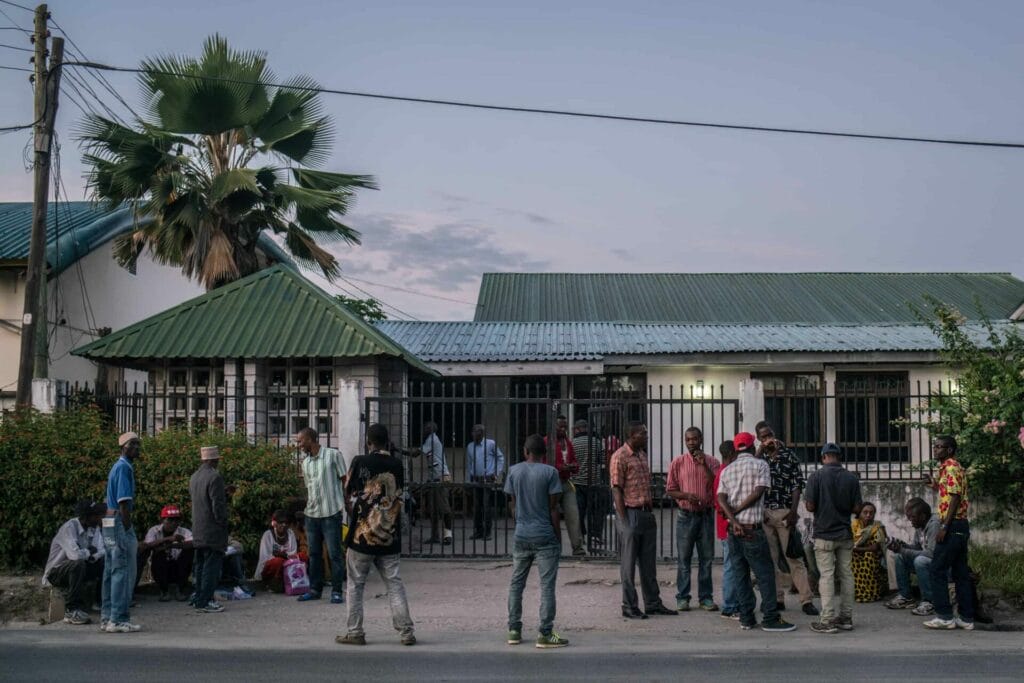
This is how, at the beginning of December, the Pasteur Center of Cameroon in Yaoundé will welcome 30 candidates from 16 African countries, selected by a scientific committee that brings together institutions specializing in the subject (The Union, Stop TB Partnership, TDR WHO, ANRS MIE, etc.). Graduates of various training courses (biology, medicine, epidemiology, veterinary, public health or social sciences), these promising young researchers are also sponsored by institutions in their countries involved in research against tuberculosis, such as the National Tuberculosis Control Programs, university hospitals or research centers.
This Masterclass on cross-cutting objects will be an opportunity for them to meet a panel of around fifteen high-level experts from many complementary disciplines : research laboratory managers, epidemiologists, members of TB control programs, pathologists, anthropologists, community research stakeholders, health economists, community stakeholders, engineers, etc. All of these speakers will enable them to understand TB research from a systemic point of view.
Addressing the shortage of TB researchers
Tuberculosis is a centuries-old infectious disease that is among the deadliest in the world.
While the Covid-19 crisis has led to a resurgence of the epidemic (1.6 million deaths in 2021, or 100,000 more than in 2020 according to the WHO ), the fight against tuberculosis remains a priority in global health. With an ambitious objective, included in the 2030 Agenda, progress continues with the emergence of exciting innovations in various fields: screening, diagnosis, prevention, pediatrics, therapeutic aspects, etc.
Developing and structuring research on the disease, in particular by training researchers from the most affected countries, serves as a strategic axis to expand and apply knowledge based on scientific evidence, including the latest innovations. With this unique Masterclass format, we therefore hope to breathe new energy into a field that is sometimes underinvested and yet essential
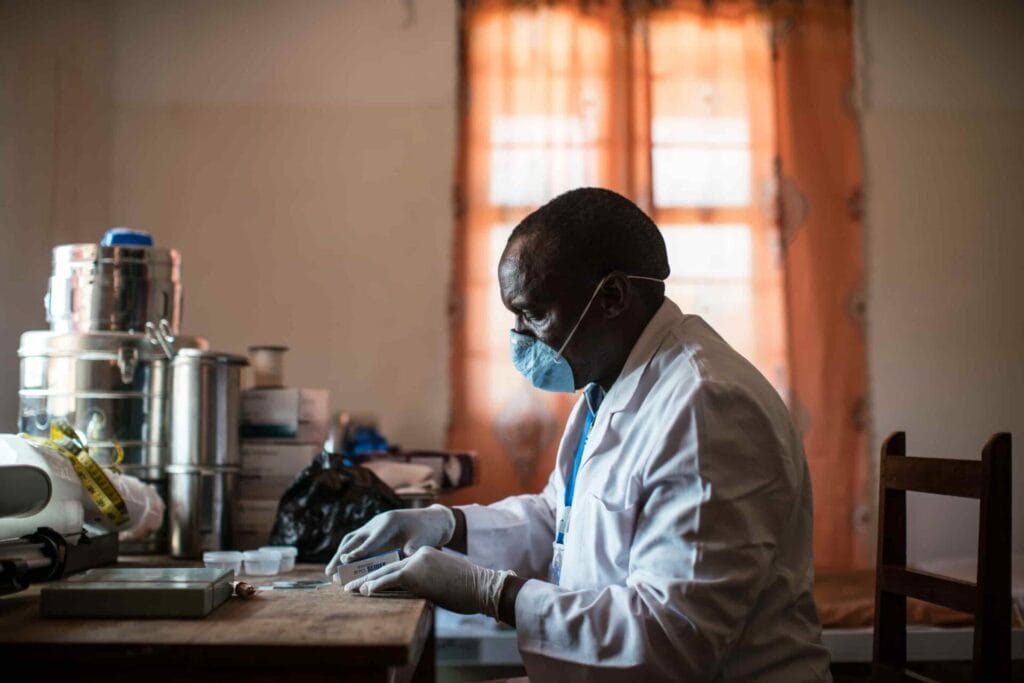
A unique multidisciplinary approach
By adopting a multi-sectoral approach , both in the courses provided and in the profiles invited, we aim to renew the paradigms of TB research : community approach, screening and diagnostic needs, prevention, co-infections (particularly HIV), the “One Health” prism which explores the links between the environment and animal and human health, or ethics, economics and research funding will be some of the themes developed during the week. A comprehensive teaching program, led by trainers from a prestigious panel of institutions (Union, Stop TB Partnership, TDR WHO, FMx, WOAH, Pasteur Network, etc.) and supported by the WHO Global Tuberculosis Report Program (GTB) in the development of certain training materials and the sharing of the latest recommendations.
Achieving the global deadlines set for the fight against tuberculosis will necessarily require active and cross-cutting promotion of the field of research . Thanks to the joint action of key partners, communities and civil society, States will be able to accelerate the achievement of their commitments and provide a large-scale response to the epidemic.
« A result that is not shared is a result that does not exist »
Jane Deuve
Encouraging skills development,
sharing and recognition between peers contributes to the dynamism of the actors and the world of research . We are betting that this emulation coupled with the transdisciplinary approach to learning will give rise to collaborative work of a singular quality that will benefit all countries and, above all, the beneficiaries. A multiple and participatory training that ultimately reflects the raison d’être of our Operational Research unit.
